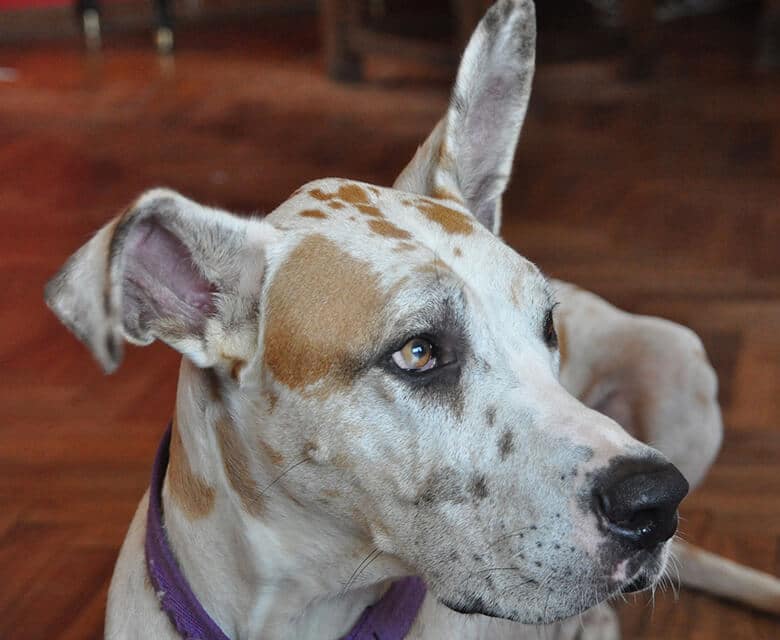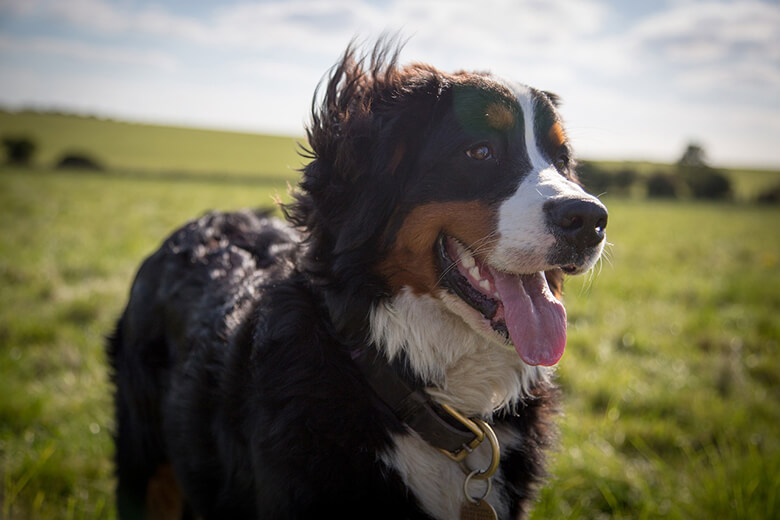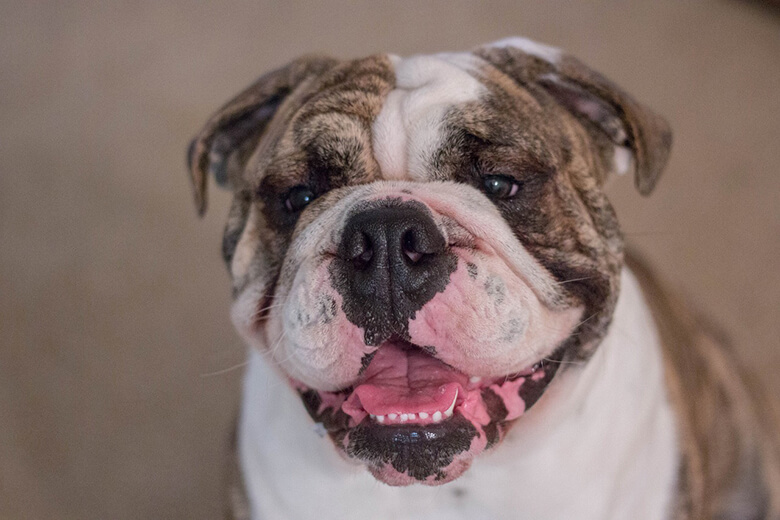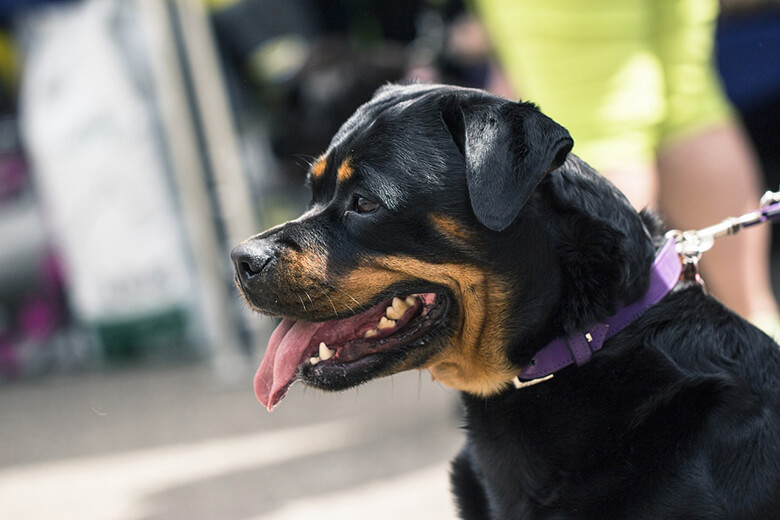Dogs can be expensive. Some pedigree dogs from breeders cost thousands of dollars, but even when adopting a dog from a shelter, the cost of caring for a dog over their lifetime is significant. And that’s one of the reasons so many dogs end up in a shelter.
Costs include healthcare, grooming, food, toys, treats, and may include dog walkers, pet sitters, trainers, apparel, beds, and all kinds of gear. Money magazine estimates the lifetime cost of a small dog at $15,052, a medium-size dog at $15,782, and a large dog at $14,480.
Some breeds are costlier than others. These breeds fetch exorbitant fees from a breeder because they are considered “in demand,” Also, they may accrue larger-than-normal veterinarian bills, as they are prone to costly medical issues. Whenever you decide to bring a dog home, be prepared to care for him properly. This includes planning for unexpected health emergencies.
Pedigree puppies from breeders generally cost thousands of dollars. A purebred puppy from a shelter runs from $50 to $200.
To see what popular breeds are also expensive, we looked at the cost to purchase a puppy, the health considerations and used data from GoBanking Rates data to determine potential vet bills.
Bernese Mountain Dogs
From a reputable breeder, this giant dog usually costs between $1,000 to $2,500. These dogs are wonderful family pets. They’re loyal, affectionate, intelligent and easy to train. Hefty costs include food (a lot of food) and grooming.
Health Issues. Bernese Mountain Dogs have a significantly highest incidence of cancer, particularly histiocytic sarcomas, which are very aggressive (and often fatal) tumors. Other expensive health concerns include degenerative myelopathy (rear end paralysis), cataracts, elbow dysplasia (degenerative joint disease), hip dysplasia and gastric torsion or bloat (which can be fatal without emergency surgery). On average, these dogs’ healthcare expenses are $6,500.
English Bulldogs
English bulldogs are particularly expensive to breed. Most puppies are delivered by caesarian section because their heads are too large to be delivered naturally (due to selective breeding practices). Puppies can cost from $4,000 – $8,000.
Health Issues. English bulldogs have a long list of potential health issues, most of them serious (and costly). At the top of the list is respiratory problems, called Brachycephalic Airway Syndrome, which is prevalent in dogs with “pushed in” faces. This is what causes the (admittedly cute) snoring. If it begins to interfere with breathing, the treatment is surgery. Other health issues include cancer (one of the highest rates of all breeds), cherry eye, overheating, skin problems and allergies, degenerative spine disease and arthritis, hip dysplasia, joint and ligament injuries, and heart disease. Potential healthcare costs can run upwards of $5,700.
Related: Due to Inbreeding, the English Bulldog’s Future Is at Risk
French Bulldogs
People love French bulldogs. These cute, sturdy little breeds have big personalities, with many considered sociable, comical and affectionate. Yet, just like their cousin, the English bulldogs, Frenchies aren’t cheap. Because of their popularity, especially among urban dog owners, breeders are charging anywhere from $1,500 to $5,000. And that is just the start.
Health Issues. Unfortunately, a lot of the health issues French bulldogs have are because of us. Owners want the squished face and compact body, but by demanding these traits, today’s Frenchies have a plethora of issues. They have trouble breathing (some need nose jobs), are susceptible to heat stroke, prone to eye, heart and joint diseases and can suffer from spinal issues. Possible medical expenses could cost you $4,300.
Great Danes
Great Danes generally cost from $400 to as much as $4,000. This breed is known for its gentle disposition — and their giant size, of course. If you’re thinking about getting a Great Dane, be aware that this breed has a shorter lifespan than most. They generally live from 8 to 10 years.
Health Issues. This breed is one of the most expensive to insure. Health plans run around 63 percent higher than other breeds. They’re prone to gastric torsion, cardiomyopathy (an enlarged heart), cancer (bone cancer and lymphoma), hip dysplasia, Wobbler’s Syndrome (cervical vertebral instability), and hypothyroidism. While some of these issues can be treated with medication, the larger amount of medication this gentle giant needs is pricey. The average health costs are $7,100.
Related: Want a Couch Potato? Here Are 10 Lazy Dog Breeds.
Rottweilers
This is a breed that gets a bad rap. Many consider them aggressive, but in reality, Rottweilers are loyal, gentle, affectionate dogs. They do require training and an owner who knows what they’re doing, because this breed can be self-assured or dominant. Puppies from a reputable breeder usually cost from $2,000 to $4,500.
Health Issues. Common health issues in Rottweilers include juvenile cataracts (appearing in dogs between 6 months and 6 years), cancer (bone and lymphatic), elbow and hip dysplasia, bloat, cardiomyopathy, Von Willebrand’s disease (an inherited disease that affects blood clotting ability), Addison’s disease (a disease of the adrenal gland) and hypothyroidism. They are also sensitive to hot weather and shouldn’t be left outside in the sun. Some of these issues require surgery. Potential healthcare costs average $7,800.
Related: The Largest Dog Ancestry Tree Revealed
Yorkshire Terriers
The price of Yorkie puppies depends on their anticipated size (smaller costs more) and color (special colors like chocolate and Biewer puppies are more expensive). These dogs have big personalities; they’re one of the most popular toy breeds in America. Prices generally range from $800 to $5,500.
Health Issues. Yorkies are prone to expensive health issues such as dental disease (including loss of teeth), luxating patellas (malformation of the knees), Legg-Calve-Perthes disease (degeneration of the femur in the hip socket) and liver shunts (defects in the veins affection blood flow to the liver). These issues require (expensive) surgical treatment. Possible health issues may cost you, on average, $9,800.
























